Team and Advisory Board
Our team, your network – get to know the minds behind our mission
EADSociety Team

George Mihael Manea
Director
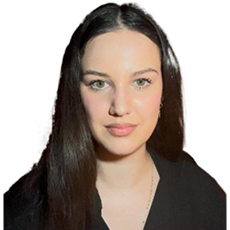
Ioana Mureșan
Communication Manager

Ioana Lungoci
Project Manager
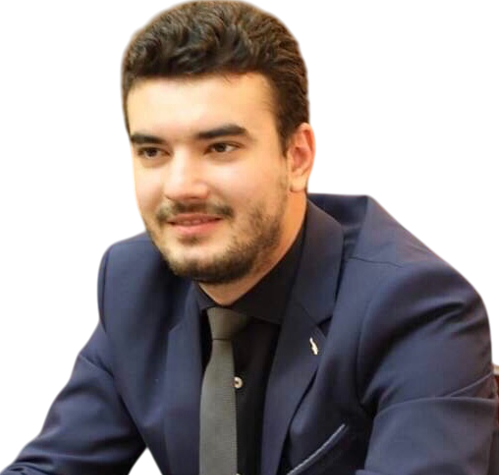
Andrei Dascălu
Project Manager
Advisory Board

Sorin Ducaru
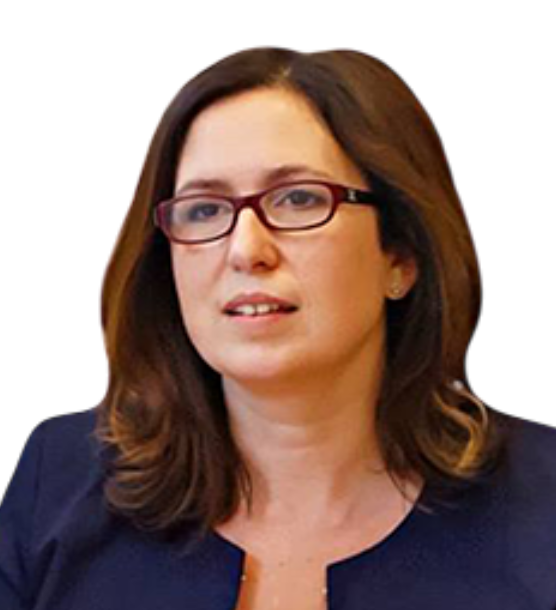
Kerry Longhurst

James Mackey
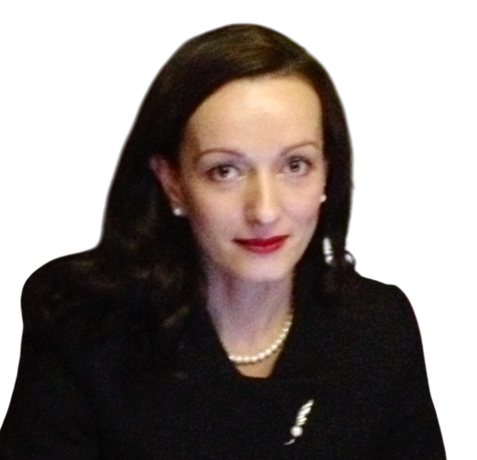
Laura-Maria Craciunean-Tatu
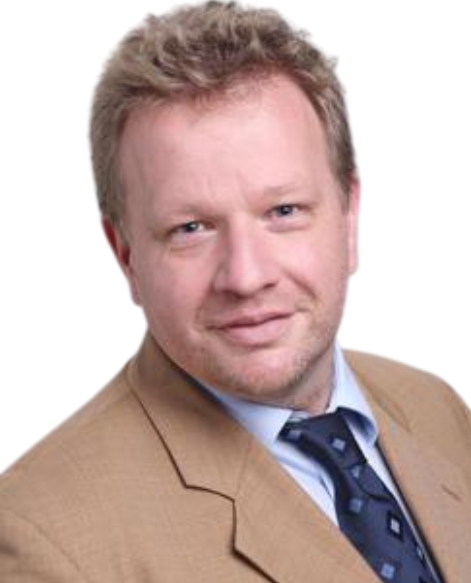
Stefan Ganzle
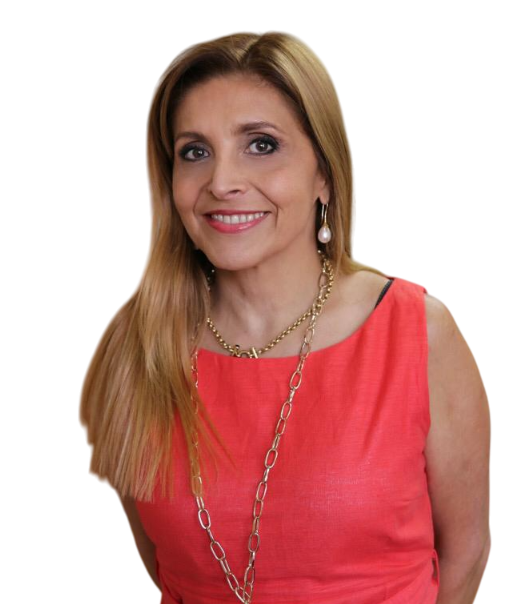
Pamela Gidi Masias

Ameenah Gurib-Fakim
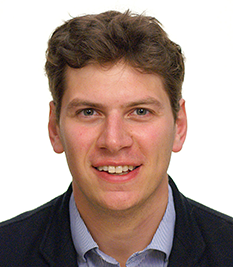
Samuel Doveri Vesterbye
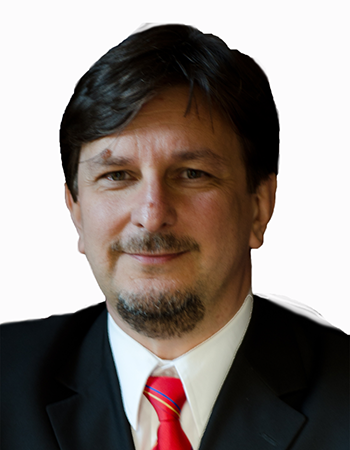
Silviu Rogobete
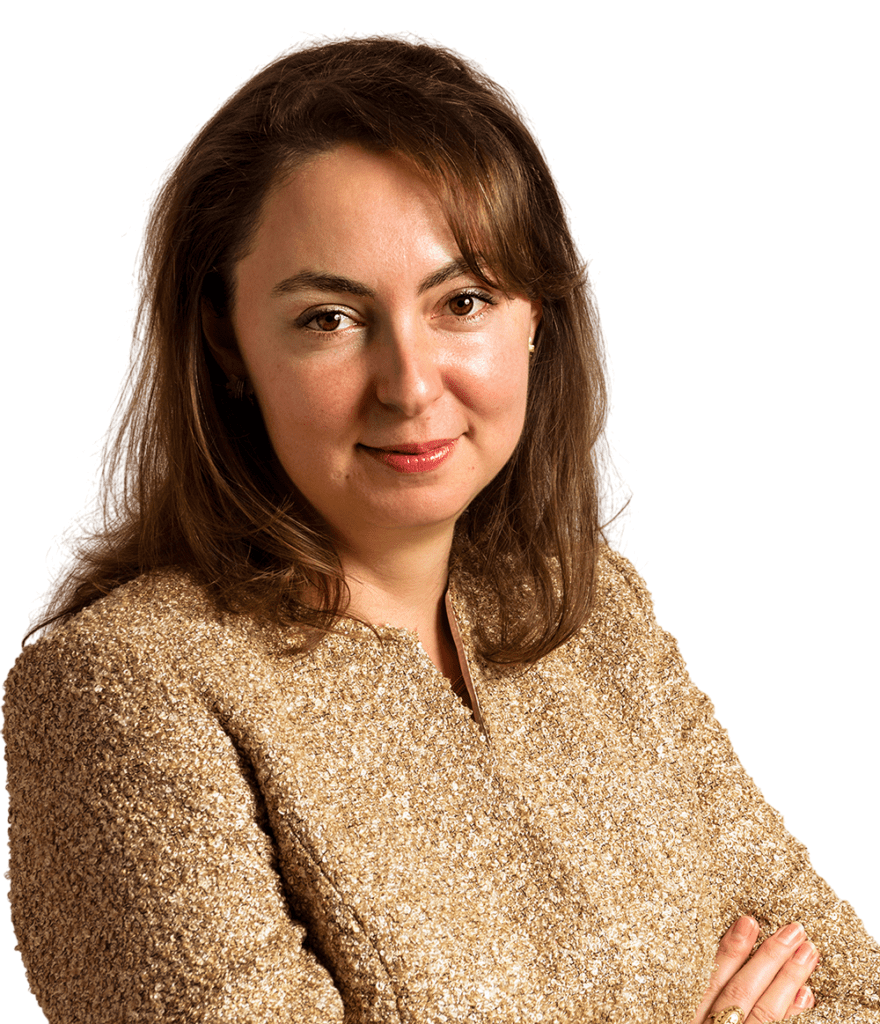
Antonia Colibasanu
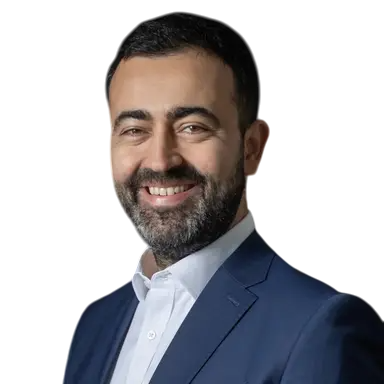
Radu Magdin
Euro Atlantic Diplomacy Society
Euro Atlantic Diplomacy Society (EAD Society) emerged from a collective ambition to establish a think tank that goes beyond examining global and societal challenges to actively shaping impactful solutions. Understanding the need for a multidisciplinary and cross-sector approach, EAD Society was established to bridge the worlds of diplomacy, science, and policy, fostering synergies that drive innovation and systemic transformation.
